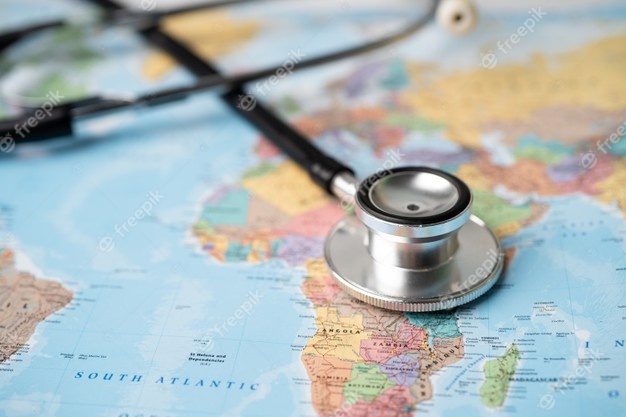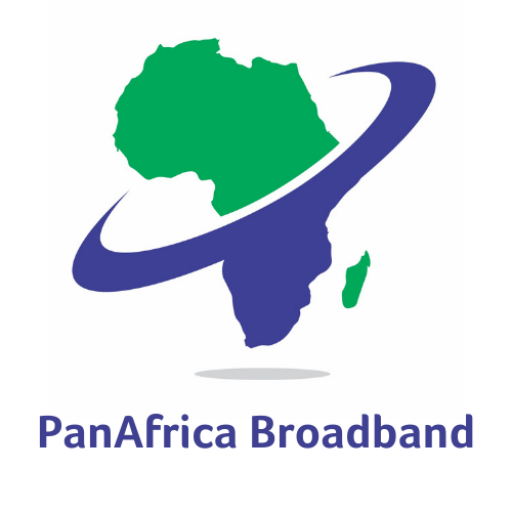- The 4th Industrial Revolution has highlighted the increasing adoption of digitisation in every sector as a way of conducting business. This has necessitated having high-speed, reliable and universal internet connectivity.
- Broadband Internet is a key enabler just like transport, electricity, water and other public utilities, and thus high-speed broadband infrastructure has become part and parcel of Governments’ policy adoption, development and deployment of infrastructure spend.
- Broadband through the adoption of 5G, will be the foundation for economic growth, job creation, global competitiveness and a better way of life as the need for digital transformation becomes the stimulus for growth.
- According to a study, IHS Markit, predicts that 5G mobile technology will enable a wide range of industries, thus producing up to $13.2 trillion worth of goods & services by 2035. They also estimated that 5G could support up to 22.3 million jobs.
- As technological adoption and innovation through online services and IoT make headway, it becomes a critical enabler to improve efficiency in the delivery of basic services and reduces the cost of doing business for citizens reliably and affordably.
- Consumers will have access to these services on 5G enabled computing and mobile devices, along with fully reliable connectivity. Thus consumers will no longer need to travel long distances away from rural areas to access government services, rather, they would be accessing these services electronically.
- Each department of Government can now adopt technological milestones as part of its service offering. Examples of these include:
- Revenue Collection/Taxation:
-
-
- 5G can enable smart taxation systems which simplify filing and allows for easy payments of taxes decreasing the burden on government departments;
- The collection of VAT from services and excise from the importation of devices will benefit the fiscus.
- Traffic Departments payment of vehicle licenses using 5G technology.
- Utilities:
-
-
- Efficient control and use of water, electricity, gas and pipelines, via IoT enabled devices at the point of use and in distribution systems.
- Smart Transportation Systems:
-
- IoT will enable traffic control and decrease congestion, monitor government vehicles, railways and highways.
- Smart Healthcare:
-
- 5G will enable access and equity to good quality healthcare at affordable prices by allowing for telemedicine in a health ecosystem driven by community clinics, connected via telemedicine units to doctors and specialists at district and tertiary hospitals;
- Remote medicine, mobile medicine – e.g. : track TB cases, HIV, COVID on a district basis-health workers equipped with 5G phones.
- E-Learning:
-
- 5G enables online education on a large scale;
- The Covid pandemic and lockdowns have demonstrated the benefits of remote tuition and education;
- Training and education of government employees and healthcare workers can be made online;
- Focused stock of ICT skilled and industry-ready workforce.
- Financial Sector/E-Commerce:
-
- 5G enables mobile money applications making it a cashless economy;
- Less reliance on branch network distribution in rural areas;
- Benefit to Government – making payments from citizens and consumers of basic utilities to the government easier, with more revenue collected and less opportunity for fraud and corruption.

